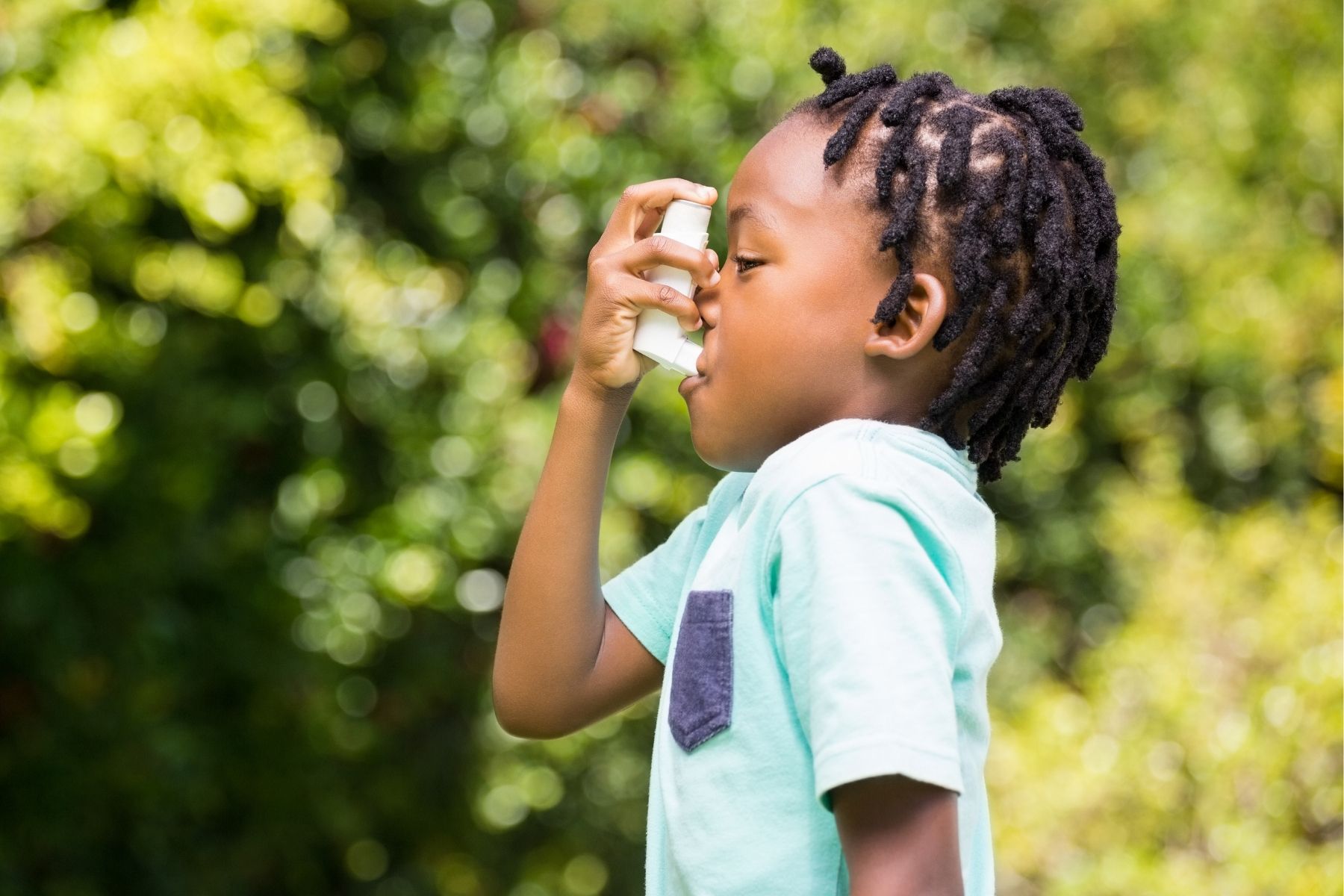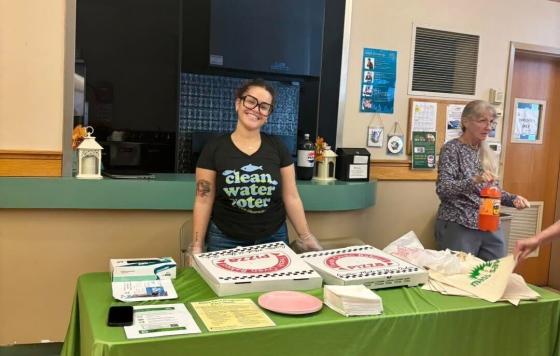
Every year in May, World Asthma Day is held to raise awareness about asthma around the globe. Join Clean Water Action this evening at 7 pm EST for a Virtual Town Hall featuring an incredible line-up of speakers that will discuss and prioritize strategies to reduce asthma disparities - join us here.
It is estimated that 25 million people in the US have asthma. According to The American Lung Association, in 2018, Black people were 42 percent more likely than white people to have asthma due to higher exposure to contaminants and lower access to healthcare, making race and ethnicity risk markers for respiratory health conditions. Black and brown communities are more vulnerable to respiratory illnesses such as asthma because polluting facilities and highways have been historically placed in their backyards. Environmental racism in the US leads to poor indoor and outdoor air quality in these neighborhoods and impacts BIPOC folks at home, school, and the places where they work and play. This makes asthma not only a health justice problem but a social and environmental justice issue as well.
For instance, growing up in highly polluted areas puts children at risk from a young age as they inhale high levels of ozone, sulfur oxides, nitrous oxides, and other contaminants with each breath. It is estimated that one out of six pediatric visits to the ER is asthma-related (theappeal.org). This can result in low academic performance because of missed school days due to hospitalization, and leave families with expensive medical bills that they struggle to pay. In addition, asthma takes an emotional toll on patients, parents, and care-takers, who are in constant fear of the next asthma attack.
Uncovering Asthma Misconceptions is the theme for World Asthma Day this year. There are many myths about this invisible respiratory condition, but the fact is that asthma is a disease that can strike anyone at any age. People with this medical condition should have access to quality healthcare to manage their asthma and afford appropriate medicine. Although there is no cure for asthma, it is possible to control it and prevent attacks so people who suffer from it can live without fear.
The good news is that we can address the current health crisis together and take the necessary steps so underserved neighborhoods of color do not have to suffer anymore!
Our legislators should set and enforce strict air pollution regulations and hold polluters accountable for their actions. In addition, incinerators and other polluting facilities should not be placed near BIPOC homes and schools. In Massachusetts, H.3336--An Act relative to energy facilities siting reform to address environmental justice, climate, and public health, filed by Representative Adrian C. Madaro will help ensure underrepresented and underserved individuals have a say in decision-making processes and stop the placement of facilities that threaten their health and environment.
Also, renters and low income people must have access to programs like MassSave, which improves energy efficiency and can help address indoor quality pollutants such as mold and asbestos, especially if they suffer from asthma. TAKE ACTION! Sign our petition to urge Governor Baker and Lt. Governor Polito to increase access to MassSave and remove barriers for underserved and language isolated communities across the state. Tell them to reject any energy efficiency plan that doesn’t center the needs of environmental justice and low-income communities HERE.
Join us in the fight for asthma and protect the health of our loved ones today!


